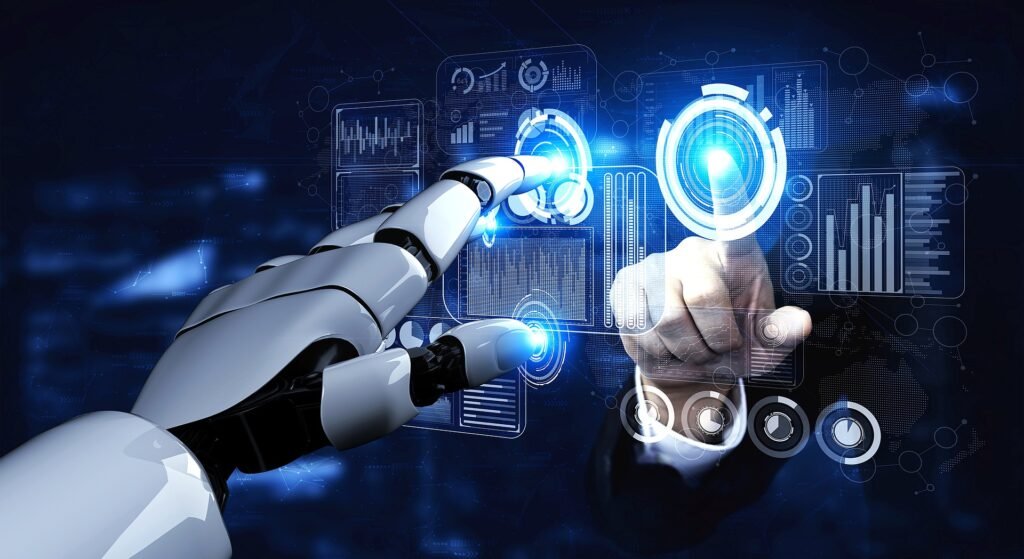Real-Time Drug Monitoring

Business Problem
The effectiveness of drug treatments can vary widely among patients due to differences in genetics, health conditions, lifestyles, and other factors. Traditional methods of monitoring drug efficacy and patient response are often reactive and based on periodic consultations and self-reported symptoms, which may not provide a comprehensive or timely picture of how well a treatment is working. This lack of real-time monitoring can lead to prolonged periods of ineffective treatment, unnecessary side effects, and increased healthcare costs due to frequent adjustments and additional medical interventions.
Moreover, without continuous monitoring, adverse drug reactions can go undetected until they become severe, posing significant risks to patient health.
Intelligent Solution
Implementing IoT and AI technologies for real-time drug monitoring offers a proactive and precise approach to enhancing treatment effectiveness and patient safety. By utilizing connected devices and advanced analytics, healthcare providers can continuously track drug efficacy and patient responses, allowing for timely adjustments and personalized care.
IoT-Enabled Monitoring Devices: Wearable devices and smart sensors can collect real-time data on various health parameters such as blood pressure, glucose levels, heart rate, and more. These devices can also monitor medication adherence by tracking when patients take their prescribed doses.
Real-Time Data Collection and Transmission: The collected data is transmitted in real-time to cloud-based platforms where it can be securely stored and accessed by healthcare providers. This continuous data flow ensures that any changes in the patient’s condition are promptly detected.
AI-Powered Analytics: AI algorithms analyze the incoming data to identify patterns and deviations from expected treatment outcomes. Machine learning models can predict potential adverse reactions or ineffectiveness based on the patient’s health metrics and historical data.
Personalized Treatment Adjustments: Based on the AI analysis, healthcare providers can receive alerts and recommendations for adjusting treatment plans. For example, if a drug is not achieving the desired effect, the system can suggest dosage adjustments or alternative medications tailored to the patient’s specific response.
Enhanced Patient Engagement: Patients can use mobile apps connected to the IoT devices to track their own health metrics, receive reminders, and report any side effects or symptoms. This engagement empowers patients to take an active role in their treatment and provides additional data points for the AI system.
Data-Driven Decision Making: The integration of real-time monitoring data with electronic health records (EHRs) allows for comprehensive and data-driven decision-making. Healthcare providers can view the complete health picture of the patient, combining real-time data with historical records to make informed treatment decisions.
By implementing IoT and AI for real-time drug monitoring, healthcare providers can significantly improve the precision and effectiveness of treatments. This approach ensures that patients receive the most appropriate medications and dosages based on their unique responses, reducing the risk of adverse effects and enhancing overall health outcomes. Furthermore, real-time monitoring fosters a proactive healthcare environment where potential issues are addressed before they escalate, leading to better patient experiences and more efficient use of healthcare resources.
Get In Touch with Us!
Ready to transform your business? Get in touch with us today to explore our services and discover tailored solutions for you.
Office Email
info@viaasolutions.com
Office Phone
+1 (626) 487-9666
Office Location
5120 Catawba Dr Erie,
Pennsylvania, PA, 16508
